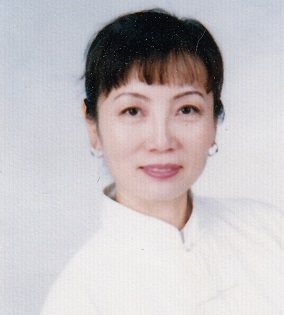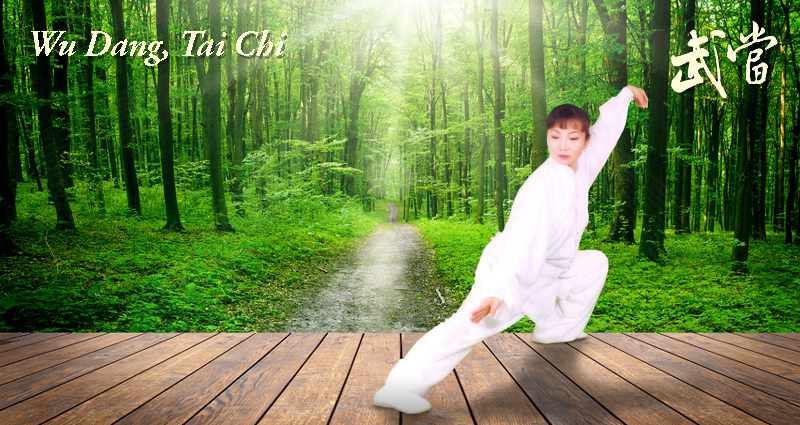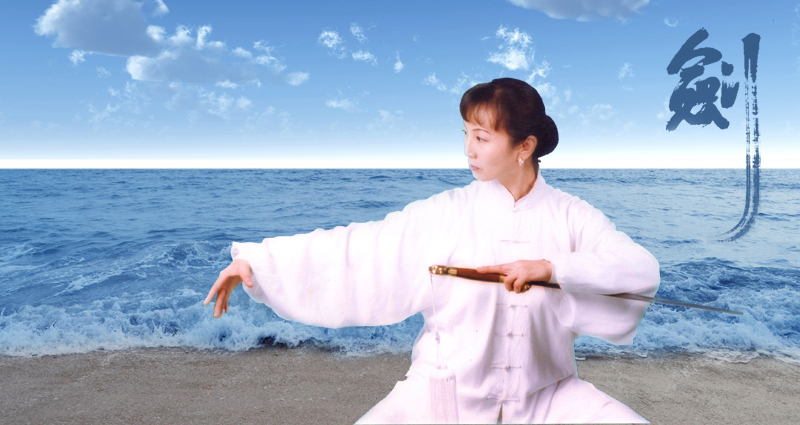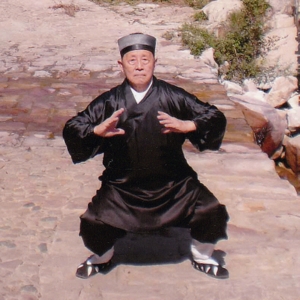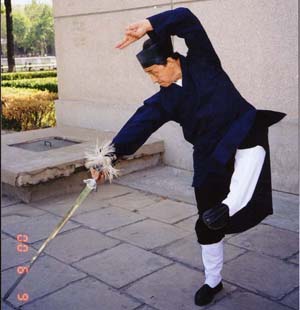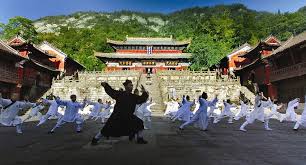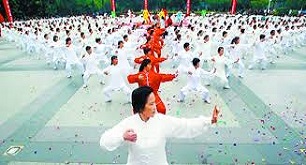Click to open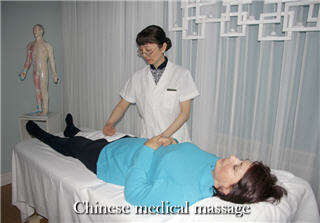

Dr. Song working in St. John's. NL since 1994
Since 1985 she worked for three years in Tianjin, China as a hospital physician, specializing in Tui Na - medical massage.
Tui Na
Tui Na, or tuina, (in Chinese mandarin pronounced “twee nah”) Also named in English, Tui Na massage, Chinese Medical Massage, Acupressure massage or TCM Massage. Tui Na is one method of Chinese Medicine that has been used in China for thousands of years. It is a hands-on body technique, based on Chinese Medicine theory and further defined as “The ancient healing art of fingers and strength”. In general, it is used for Soft Tissue Conditions and Internal Conditions and for Relaxation. Tui Na has no adverse side effects and could improve your condition in comfort with slight tenderness. In modern China, Tui Na is a standard method of treatment in Chinese Medicine Hospitals.Soft Tissue Injuries-Pain Relief
Tui Na is similar to western therapeutic massage techniques, but in addition, it targets the meridians (energy channels) and meridian points to improve the Chi (vital energy) and blood circulation which, increases the range of motion and is effective in nerve regulation. Treatment covers a variety of conditions such as chronic and acute pain associated with arthritis, joints, sports injuries, fibromyalgia, lower back, neck, shoulder discomforts and headaches.
Internal Health Conditions
Tui Na can be helpful with many internal conditions as well. It helps restore body functioning of your main organs and digestive system irregularities. Also, it treats women menopausal symptoms, such as night sweats, hot flashes, anxiety, sleep disorder.
“Treat when you are not sick”

Relaxation - Harmony Body & Mind
Chinese Medicine also is preventative medicine. An ancient Chinese Medicine doctor said, you should treat before illness, that is, in keeping the body’s energy in balance, health is maintained. Tui Na is the best method in Chinese Medicine to balance the body. The techniques stimulate the blood circulation through massaging the muscles, meridians and pressuring acupuncture points to harmonize the body, the emotion and spirit, in comfort, without any side effects. Gift Certificate Available.
What to expect during Tui Na
According to the patient’s condition there may be a need to have an assessment made through a Chinese medical examination, checking the pulse, inspecting the tongue and asking questions.
Tui Na can be performed either sitting up in a chair or lying down on a massage table. Often Tui Na is combined with an acupuncture treatment to maximize results and effectiveness.
It can be done over loose-fitting clothing or on bare skin, and therapeutic oils are sometimes used.
Tui Na does not have any adverse side effects, however some patients may see increase in frequency of trips to the bathroom due to the moving nature of the treatment or may feel sleepy following a treatment. Dr. Song’s practice, includes Tui Na within the acupuncture treatment as needed.
Price Structure
Initial Assessment - $50
Half Hour - $75
One Hour - $95
